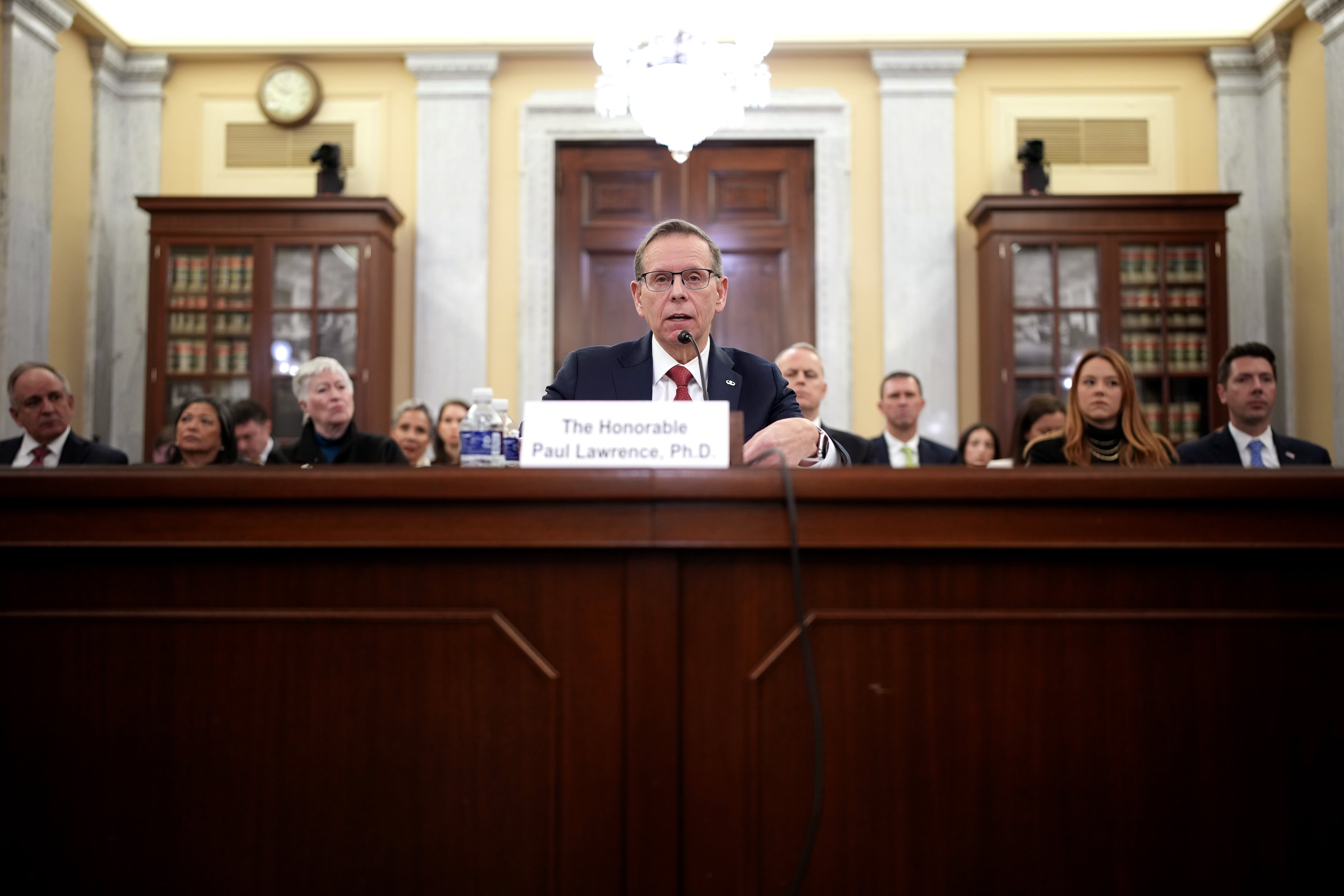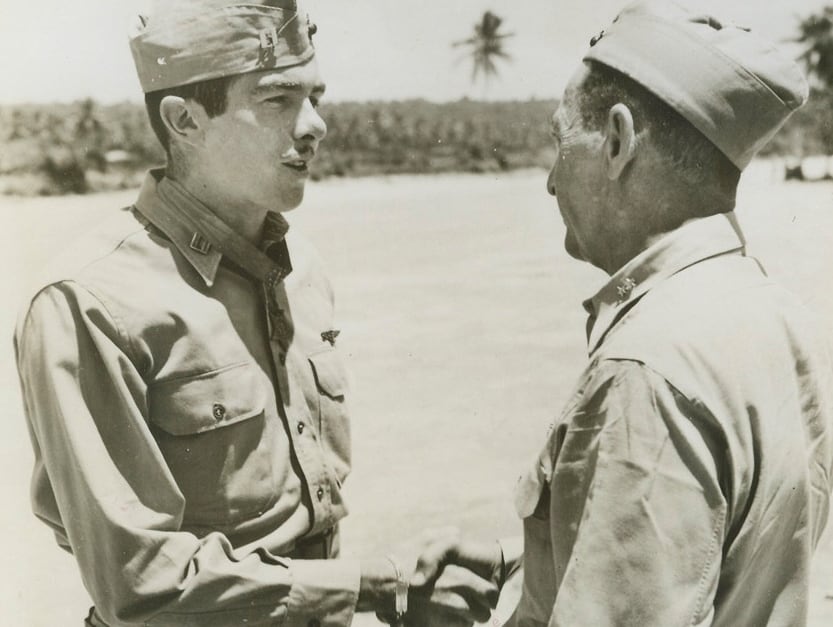House lawmakers are promising a legislative fix in coming days to prevent military widows from losing thousands of dollars in federal assistance checks next year.
Rep. Joe Heck, R-Nev., chairman of the House Armed Services Committee's personnel panel, said he anticipates next week's final draft of the annual defense authorization bill will include an extension of the Special Survivor Indemnity Allowance, a monthly payout to military widows and widowers.
"We're very close. It has to be done," he told reporters Wednesday. "I believe we'll find an offset."
Without an extension, the SSIA is scheduled to expire in October 2017. That would cost recipients up to $310 a month, a sizable sum for surviving spouses living off a single income.
Congress approved the special allowance in 2008 as a way to make up for Survivor Benefit Plan and Dependency/Indemnity Compensation payout problems. Under federal rules, when those dependents qualify for both programs, portions of the payments are offset, costing grieving families up to $15,000 a year.
Veterans advocates have lobbied for a change in that calculation for almost 30 years, but a full fix would cost more than $1 billion — money that lawmakers have been unable or unwilling to set aside for a problem that affects about 63,000 military families.
Instead, Congress has used the SSIA to cover some of the lost payouts.
Officials at Military Officers Association of America have called repealing the SBP/DIC offset one of their top legislative priorities for the year. But, failing that, they said an SSIA extension is a critical need, to ensure those dependents don’t end up in financial distress.
A full offset repeal doesn’t appear likely.
But Heck said lawmakers are committed to extending the special allowance, and had hoped to deal with the issue in the subcommittee drafts of the annual defense authorization bill. Budget accounting issues will force it into the full committee draft, set to be marked up April 27.
Senate lawmakers have not yet weighed in on how they’ll deal with the issue.
The annual defense authorization bills typically aren’t finalized until late fall, well into the new fiscal year. Advocates worry that if an extension or fix isn’t passed as part of the fiscal 2017 authorization bill, Congress won’t be able to deal with the issue again until fall 2018, after checks to those military families have already been halted.
Leo Shane III covers Congress, Veterans Affairs and the White House for Military Times. He can be reached at
.
Leo covers Congress, Veterans Affairs and the White House for Military Times. He has covered Washington, D.C. since 2004, focusing on military personnel and veterans policies. His work has earned numerous honors, including a 2009 Polk award, a 2010 National Headliner Award, the IAVA Leadership in Journalism award and the VFW News Media award.





